Key Takeaways: Alcestis & Jungian Psychology
- The Problem Play: Alcestis sits between tragedy and comedy, mirroring the psychological state of “Liminality”—the threshold between the conscious ego and the unconscious shadow.
- Vicarious Sacrifice: Admetus’s refusal to die represents the Ego’s initial refusal to accept transformation. He tries to let the Anima (Alcestis) do his psychological work for him.
- Heracles as the Mana Personality: The hero who wrestles Death represents the activated libido (psychic energy) that retrieves the lost soul from the depression of the underworld.
- The Silence of the Returned: Alcestis returns veiled and silent, symbolizing that deep psychological transformation is ineffable and requires a period of incubation.
What Happens in Euripides’ Alcestis? A Jungian Analysis of Sacrifice and Resurrection
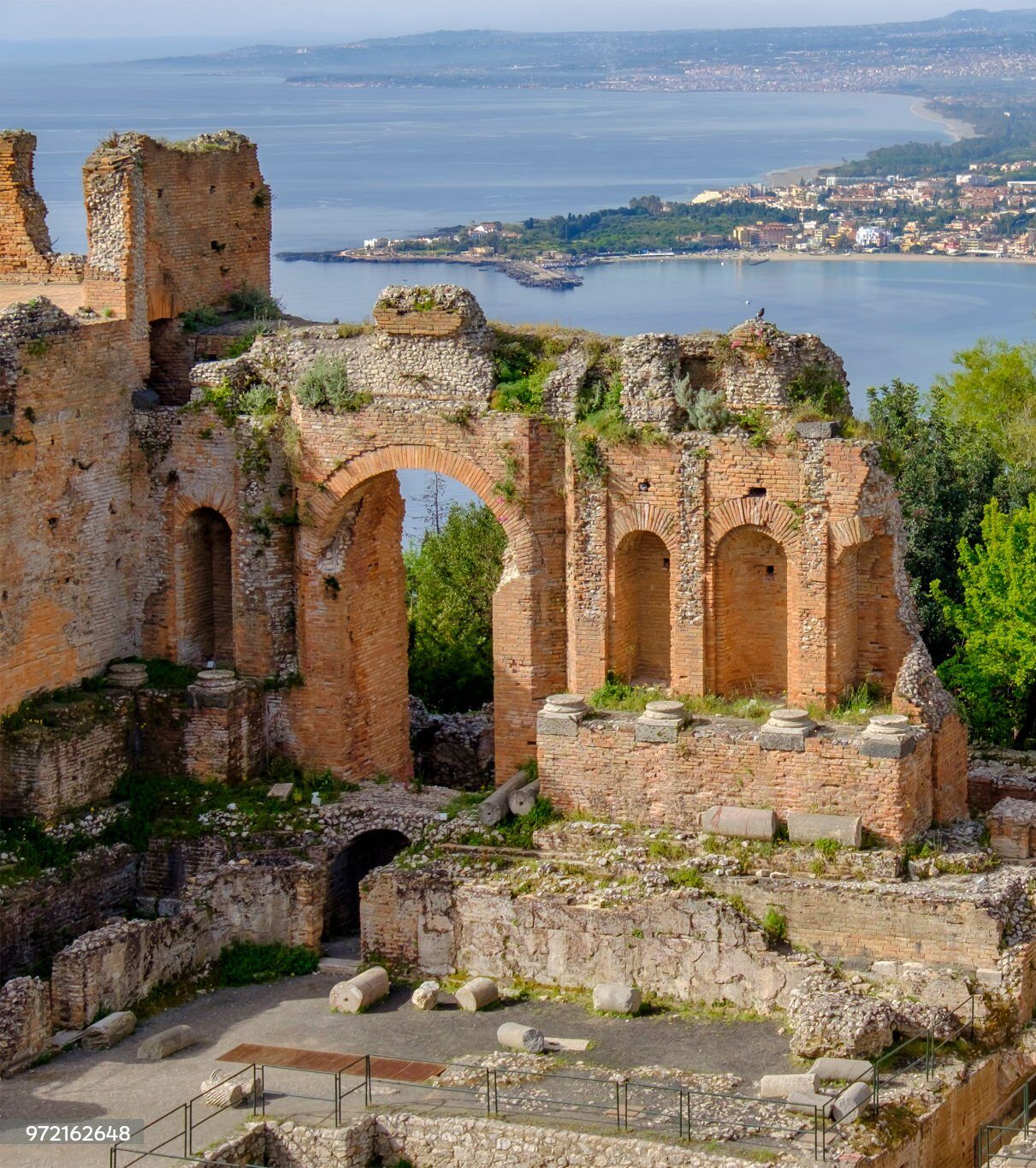
Euripides’ Alcestis (438 BC) is the oldest surviving play by the dramatist, and it is also the most baffling. It is technically a tragedy, yet it ends happily. It features the buffoonish, drunken Heracles alongside the somber figure of Death (Thanatos). Scholars call it a “Problem Play.”
From the perspective of Depth Psychology, the “problem” of the play is the problem of the human soul. It explores the terrifying economics of the psyche: What are we willing to trade to survive? Through the story of a queen who dies for her husband, Euripides maps the journey of the Ego that tries to cheat death, only to realize that life without the Soul (Anima) is not worth living.
Summary: The Bargain with Death
The narrative operates on a fairy-tale logic that conceals deep psychological truths.
- The Deal: Apollo has granted Admetus, King of Pherae, a gift: he does not have to die on his appointed day, if he can find a substitute. His parents refuse. Only his wife, Alcestis, agrees.
- The Death: The day arrives. Alcestis dies with dignity, extracting a promise from Admetus that he will never remarry. Admetus is left alive, but broken. He realizes too late that a life bought with his wife’s corpse is a living hell.
- The Guest: Heracles (Hercules) arrives, unaware of the tragedy. Admetus, adhering rigidly to the code of Xenia (Hospitality), hides his grief to host the hero. Heracles gets drunk and rowdy, offending the servants.
- The Descent: When Heracles learns the truth, he is shamed into sobriety. To repay Admetus’s hospitality, he goes to the grave, wrestles Death (Thanatos), and wins Alcestis back.
- The Return: Heracles brings a veiled woman to Admetus. Admetus refuses to look at her, honoring his vow to Alcestis. Only when he has proven his loyalty is the veil lifted, revealing his resurrected wife. She remains silent, having touched the world of the dead.
Archetypal Figures: The Cast of the Inner Drama
Alcestis: The Sacrificial Anima
Alcestis embodies the Anima—the soul-image within the male psyche. She is the connection to life, feeling, and meaning.
Admetus’s willingness to let her die represents a neurotic Ego state: he wants to exist physically (Ego preservation) but is willing to sacrifice his emotional life (Anima) to do so. This is the state of the workaholic or the addict—the person who kills their soul to keep their biological or social machine running.
Admetus: The Uninitiated Ego
Admetus begins the play as a coward. He represents the Immature Ego that refuses to accept the limits of mortality. He treats life as a commodity that can be traded.
However, his grief transforms him. The “Death” of Alcestis forces him into the Nigredo (the alchemical blackening). He realizes that “To live without her is not to live.” This realization is the beginning of his individuation.
Pheres: The Negative Senex
Admetus’s father, Pheres, refuses to die for his son. In a brutal debate, Pheres tells Admetus: “You love life; do you think I do not?”
Pheres represents the Negative Senex (The Terrible Father). He is the cynical, survivalist aspect of the psyche that clings to power and life at all costs, refusing to make way for the new generation. He mirrors Admetus’s own selfishness back to him.
Heracles: The Transcendent Hero
Heracles is the Hero Archetype. He is the only figure capable of crossing the boundary between the conscious world (the palace) and the unconscious (the grave).
His drunkenness represents the Dionysian life-force—raw, chaotic, but vital. While Admetus is frozen by grief (Apollonian order), Heracles acts. He wrestles Death. Psychologically, this means mobilizing the aggressive, vital energy of the libido to pull the psyche out of a depression.
Deep Psychological Themes
1. The Failure of Vicarious Sacrifice
The central lesson of Alcestis is that nobody can die for you. Admetus tries to outsource his mortality. In therapy, we see this when clients try to outsource their suffering—wanting the therapist, a partner, or a pill to “fix” them.
The play shows that while the physical act of dying can be postponed, the psychological encounter with death is inescapable. Admetus suffers a “psychic death” the moment Alcestis dies. He learns that the Ego cannot cheat the Self.
2. Xenia: Hospitality as Openness
Why does Heracles save Alcestis? Because Admetus was hospitable.
In the ancient world, Xenia (Guest-Friendship) was a sacred duty. Psychologically, this represents Openness to Experience. Even in his deepest grief (depression), Admetus kept the door open to the “Other” (Heracles).
This is a profound therapeutic insight: we heal not by closing down around our trauma, but by remaining open to the new energy (Heracles) arriving at the door, even when we don’t feel like it.
3. The Veil and the Silence
When Alcestis returns, she does not speak. She is veiled. Heracles explains she must be “purified” from her time with the dead.
This Silence is crucial. It signifies that the Anima has been changed by the descent. She is no longer the simple housewife; she is a figure of mystery who has seen the underworld.
In relationships, when a partner goes through a major trauma or transformation, they return “veiled.” We must re-learn them. We cannot expect them to simply pick up where they left off. The silence honors the ineffable nature of deep psychic change.
Conclusion: The Resurrection of Relationship
Alcestis ends with a reunion, but it is a sober one. Admetus has his wife back, but he has lost his innocence. He knows now that life is fragile and that his previous values (survival above all) were wrong.
The play teaches us that relationships—whether with a spouse or with our own soul—must sometimes “die” to be reborn on a higher level. The Admetus who bargains for his life is a boy; the Admetus who receives the veiled woman is a man.
Read About Other Classical Greek Plays and Their Influence on Depth Psychology
Taproot Therapy Collective Podcast
Death, Rebirth, and the Hero
Oedipus at Colonus: The Holy Death
Philoctetes: The Cure within the Wound
Iphigenia in Tauris: Rescue from the Underworld
The Feminine & The Shadow
The Bacchae: The Devouring Unconscious
The Women of Trachis: Love as Poison
Bibliography
- Euripides. Alcestis. (Richmond Lattimore, Trans.). University of Chicago Press.
- Jung, C. G. (1968). Psychology and Alchemy. Princeton University Press.
- Edinger, E. F. (1994). The Eternal Drama: The Inner Meaning of Greek Mythology. Shambhala.
- Kerényi, K. (1967). Eleusis: Archetypal Image of Mother and Daughter. Princeton University Press.


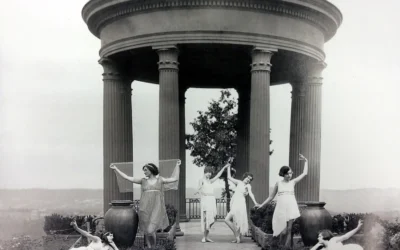




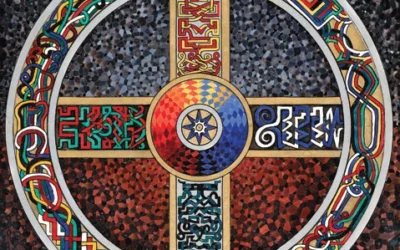
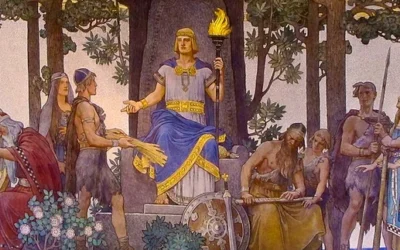


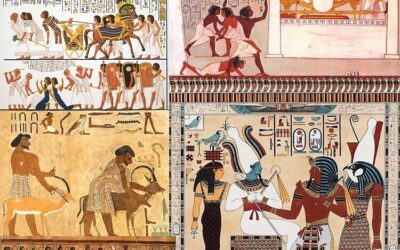
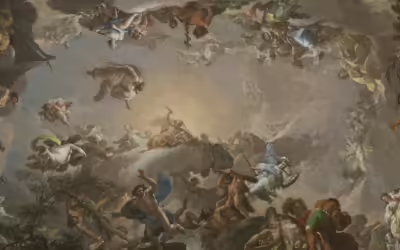



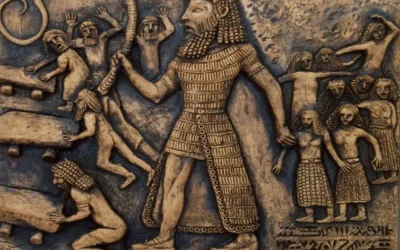
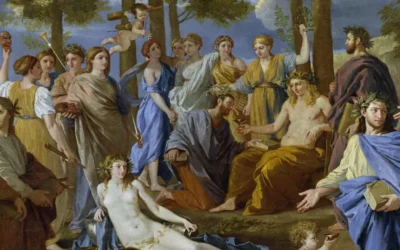
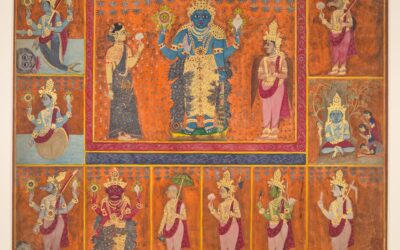
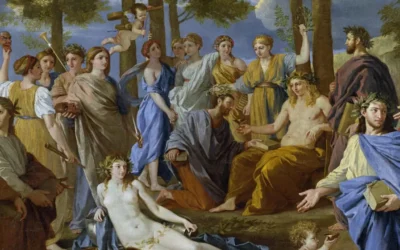
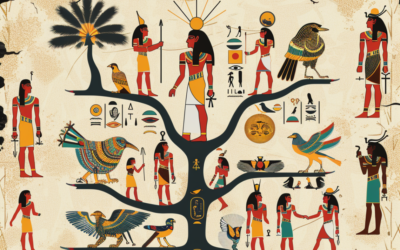
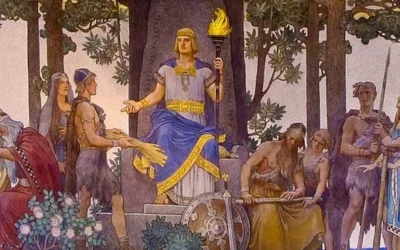




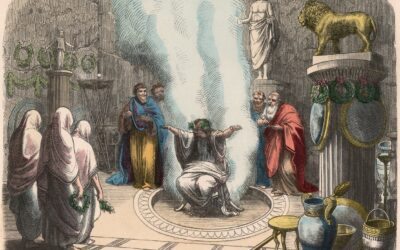
0 Comments